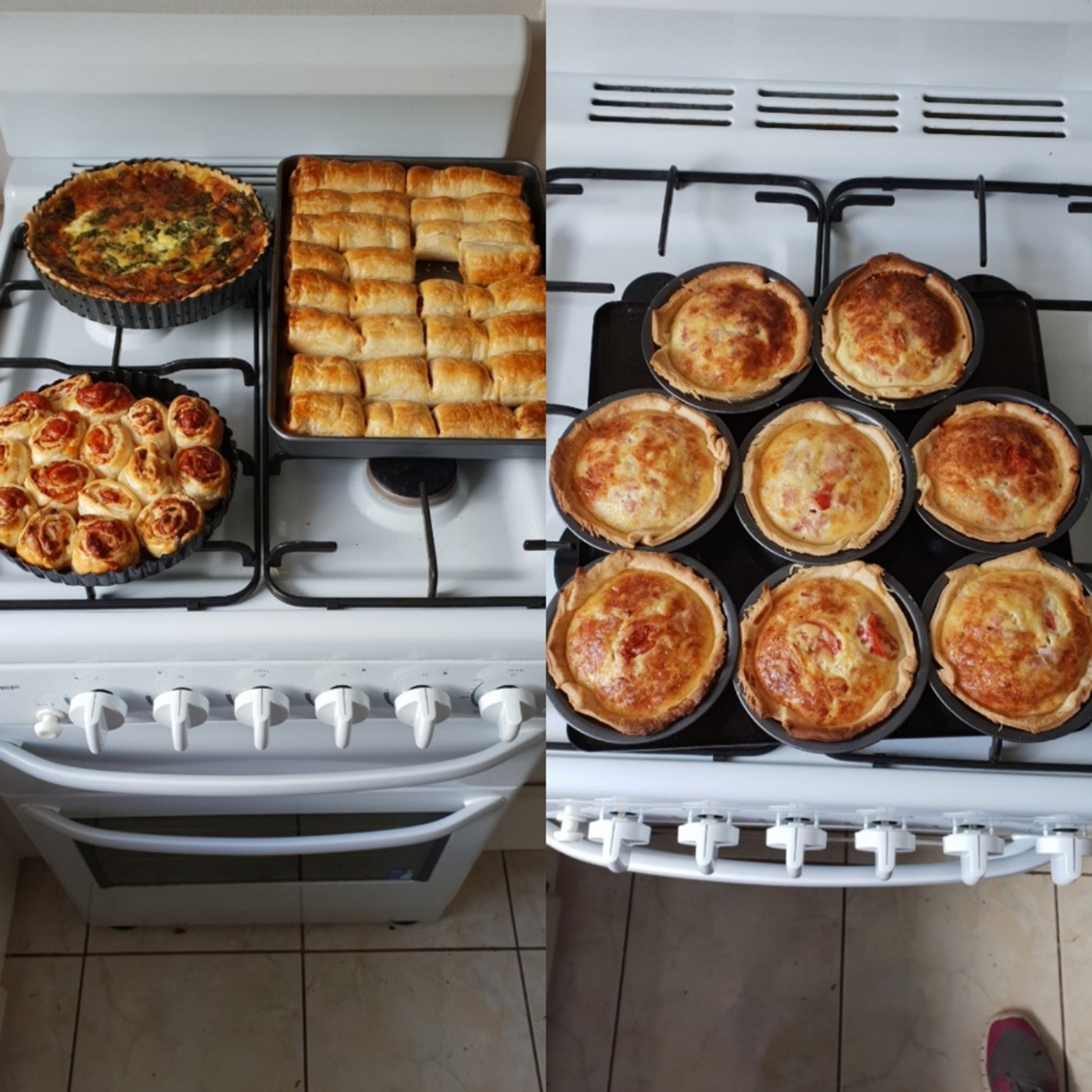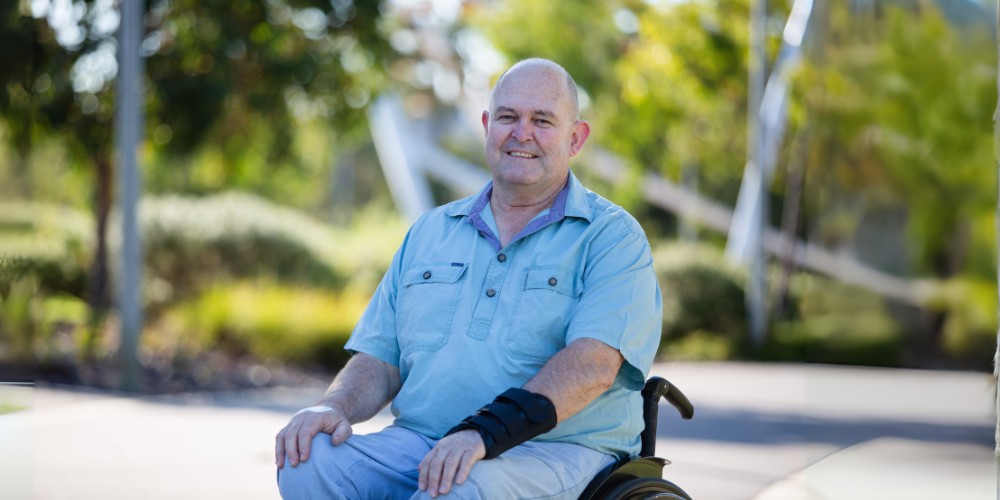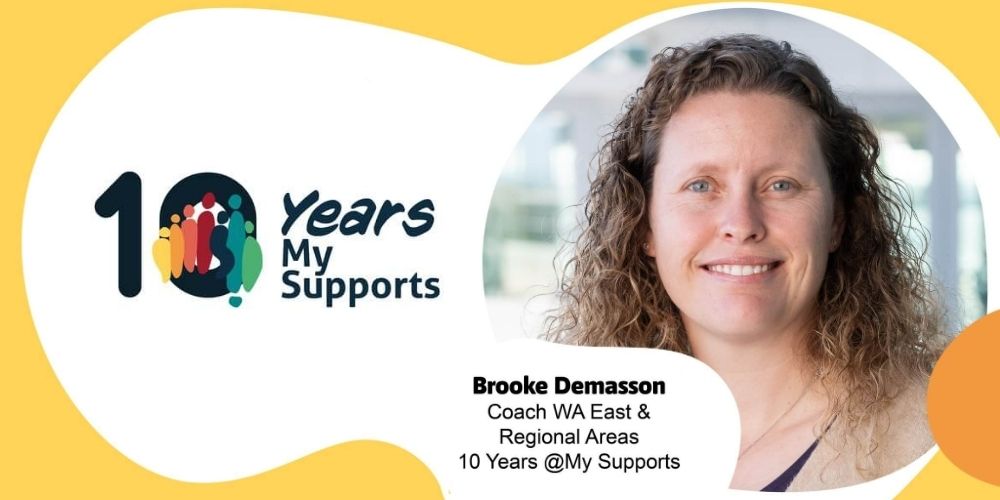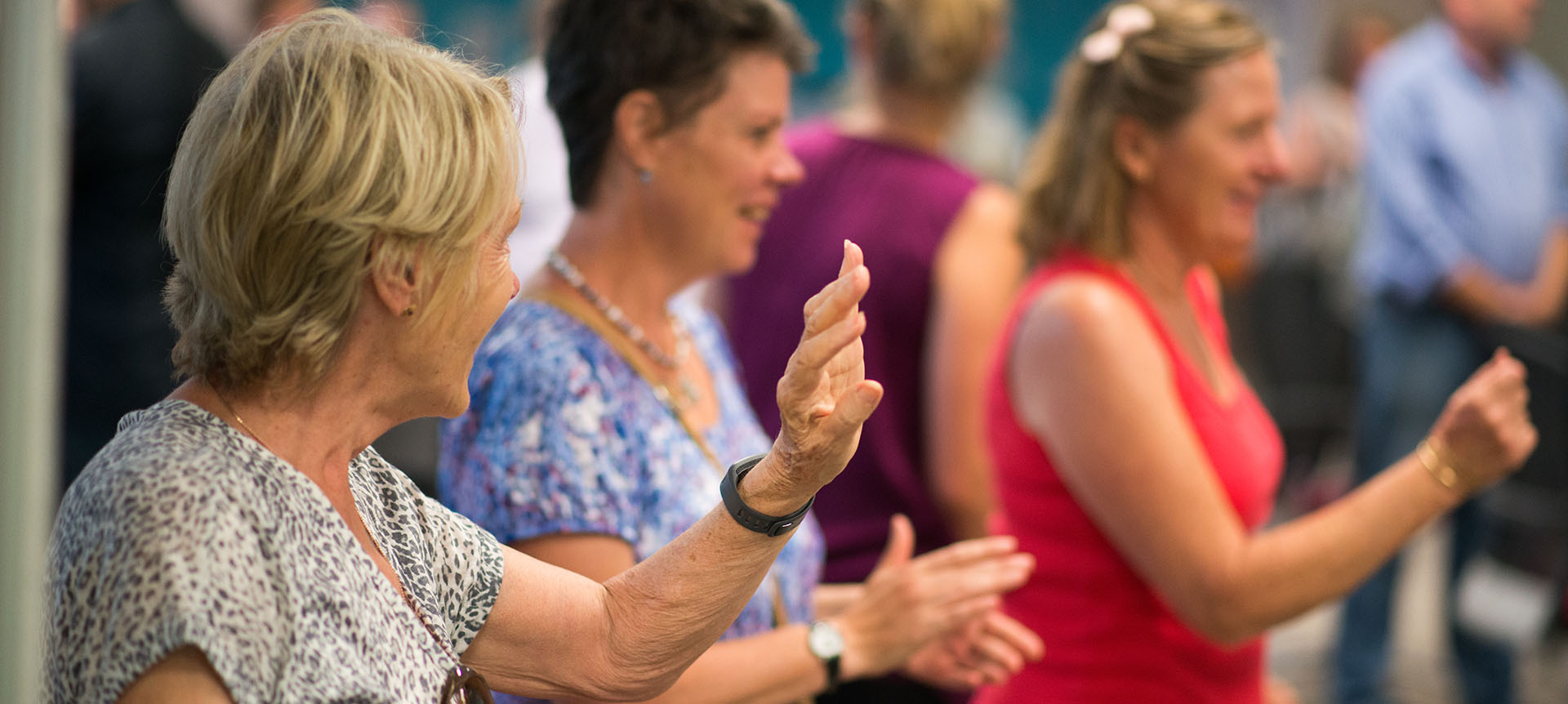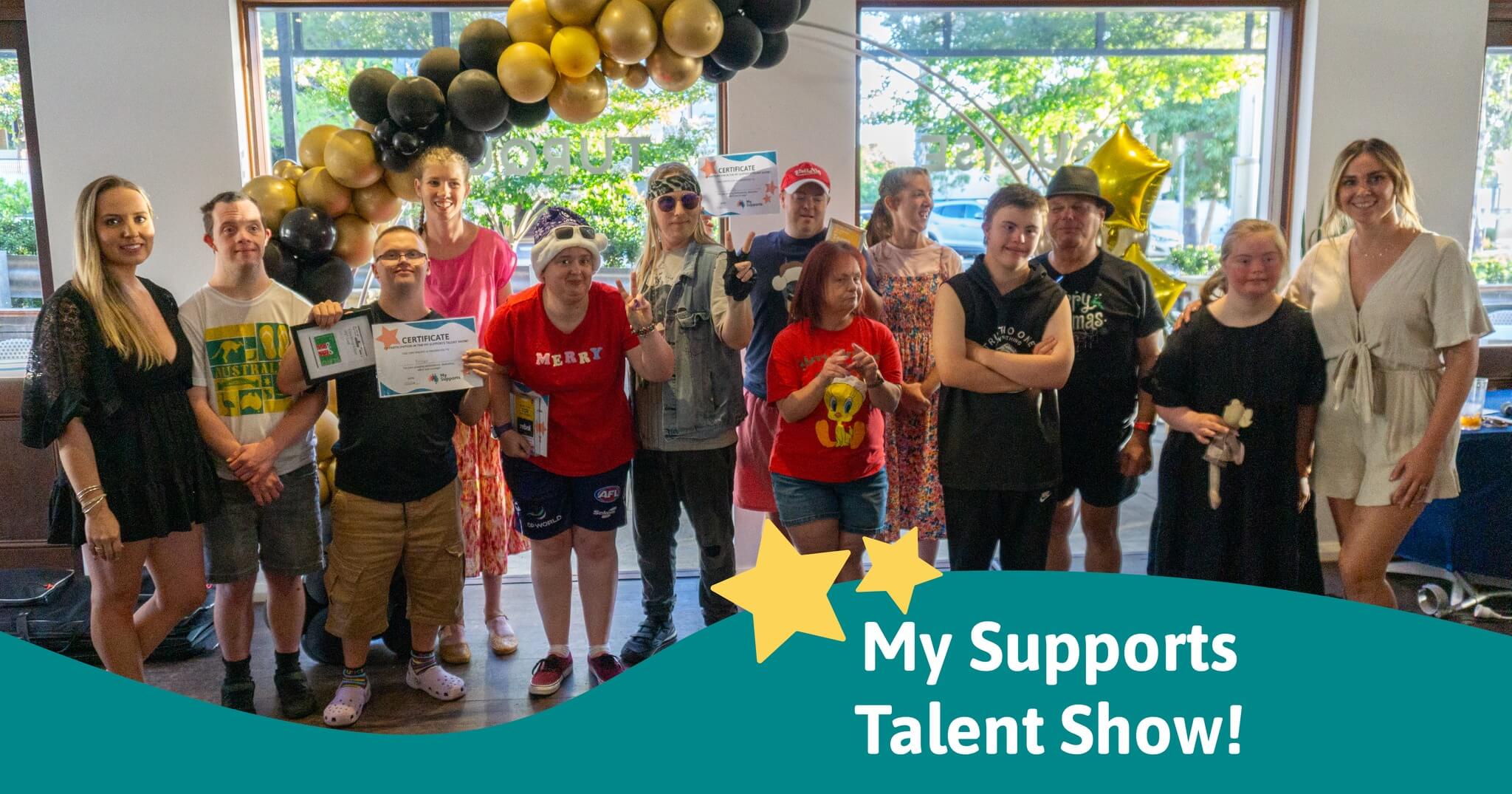Sue’s Journey: Embracing Support and Rediscovering Independence
Building Skills – Sue Cooks on Smell and Touch
Sue was reluctant for a little while about meeting with a Support Worker as she has never had anyone help her and support her before, other than immediate family. She is very independent and has managed her vision impairment so well over the years that it was hard to admit that she needed a little support in some areas. This is Sue’s first NDIS plan, so she was very new to the whole thing.
After the initial coffee Meet and Greet, Sue and her Support Worker, Debbie Gomes, were clearly a good match. They ended up also having lunch together that same day. Since their first introduction, Sue and Debbie have worked together on labelling her favourite recipes and cooking utensils with a Braille Labeller. Slowly building confidence and working through the anxiety of cooking when on her own.
Thinking outside the box, with practice, Sue is able to tell when things are cooked or baked without being able to see — simply by feel and smell. Recently, her successes include sausage rolls, quiche Lorraine, and a large quiche florentine.
“With the left-over pastry scraps, I also bake ham and cheese scrolls.”
Sue is supported by the My Supports Neighbourhood Team, Northern Adelaide (Coordinator, Jaqui Gale).
From Reluctance to Achievement
For Sue, accepting support represented a significant personal step. Having managed her vision impairment independently for years, working with a support worker through her first NDIS plan meant acknowledging that some aspects of life had become challenging.
The immediate connection between Sue and Debbie created a foundation of trust that made this transition easier. Their practical approach of using a Braille Labeller for recipes and utensils built on Sue’s existing abilities while addressing specific needs.
Increasing Independence Through Support
What makes Sue’s cooking achievements remarkable is how they’ve actually increased her independence. By developing alternative techniques using smell and touch to determine when food is properly cooked, Sue has gained confidence to cook safely when alone.
“The right support doesn’t create dependency—it opens up possibilities,” explains Jaqui Gale from My Supports. “Sue’s journey shows how targeted assistance in specific areas can enhance overall independence and wellbeing.”
Reconnecting with What She Loves
Sue’s renewed ability to cook independently represents more than practical skills—it’s about reconnecting with an activity she enjoys. Her growing repertoire of successful dishes reflects both increasing confidence and the joy of doing what she loves.
This experience exemplifies the My Supports approach of enabling rather than replacing independence, focusing on practical tools and skill-building that enhance capabilities and quality of life.
Through Sue’s story, we see how the right support at the right time can transform experiences of disability, focusing on possibilities rather than limitations.
